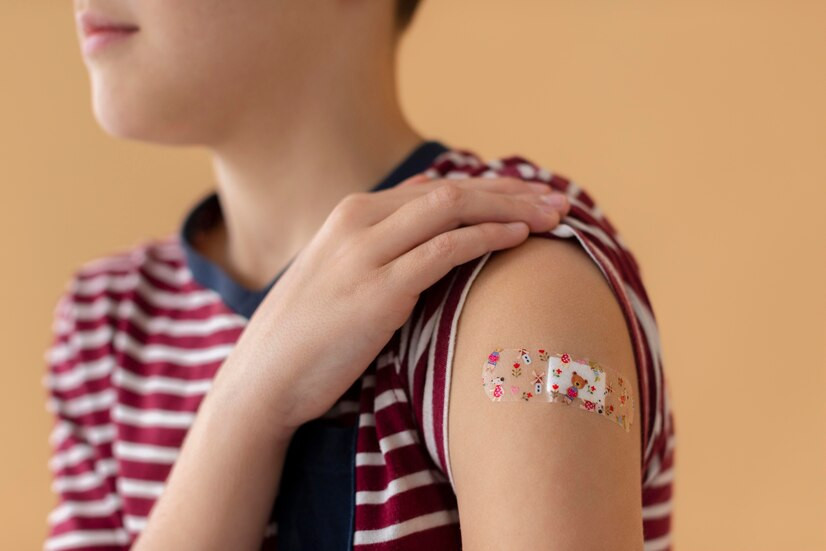Immunotherapy for Allergies: Effectiveness and Suitable Candidates
Florence, United States - May 13, 2024 / Allergy Asthma & Sinus Center /
Introduction
Allergy shots, or immunotherapy, are a long-term treatment option for reducing symptoms for allergy sufferers. This article delves into how they work, their benefits, and potential side effects, helping you determine if they might be right for you.
What Are Allergy Shots? Allergy shots are a form of treatment aimed at decreasing sensitivity to allergens. They involve injecting small amounts of allergens into the body to boost immunity or tolerance over time.
How Do Allergy Shots Work? The underlying principle of allergy shots is to gradually desensitize the body to allergens. By introducing these allergens in controlled doses, the immune system learns to tolerate them better, reducing the allergic response.
Who Can Benefit from Allergy Shots? Individuals with allergic rhinitis, allergic asthma, conjunctivitis, or stinging insect allergies may benefit from immunotherapy. It is particularly effective for those who do not see sufficient relief from standard treatments.
Benefits of Allergy Shots Immunotherapy can lead to a significant reduction in allergy symptoms and medication needs. It can prevent the development of new allergies and in children, it can also prevent the progression of allergic diseases into asthma.
Potential Side Effects While generally safe, allergy shots can cause swelling at the injection site, itching, or rash. Rarely, they may cause more severe reactions like anaphylaxis, necessitating immediate medical attention.
Duration and Frequency of Treatment Treatment typically spans three to five years, with injections administered more frequently during the initial phase (weekly), and less so as time progresses (monthly).
Effectiveness of Allergy Shots Many patients experience a substantial decrease in allergic symptoms and an improved quality of life. Success rates vary depending on the allergen and the patient's adherence to the treatment schedule.
Comparing Allergy Shots to Other Treatments Compared to medications like antihistamines and corticosteroids, allergy shots can provide a longer-term solution without the need for daily medication.
Preparing for Allergy Shots Patients should be tested for specific allergens, and a tailored treatment plan should be created. It’s important to follow pre-treatment guidelines to reduce the risk of adverse reactions.
What to Expect During Treatment During treatment, doses of allergens are gradually increased. Regular appointments are necessary to adjust the allergen levels based on responses.
Long-term Considerations Maintaining regular follow-ups with healthcare providers is essential for monitoring progress and adjusting treatment as needed.
FAQ
- What are the best candidates for allergy shots?
Ideal candidates are those with specific allergic triggers and those who haven't responded well to other treatments. - Are allergy shots safe for children?
Yes, they are considered safe for children and can prevent the development of asthma in allergic children. - How long before I see improvements from allergy shots?
Most patients notice improvements within one year of starting treatment, but full benefits can take longer. - Can allergy shots cure my allergies?
While not a cure, they significantly reduce symptoms and the need for other medications. - Are there alternatives if I'm not a candidate for allergy shots?
Alternatives include medications, lifestyle changes, or sublingual immunotherapy.
Conclusion
Allergy shots offer a promising option for long-term relief from allergies. By understanding how they work and discussing your options with an allergist, you can make an informed decision about whether they are right for you.

Contact Information:
Allergy Asthma & Sinus Center
800 East Cheves Street # 420
Florence, SC 29506
United States
Patricia Gibson
(843) 679-9335
https://allergysc.com/
Original Source: https://allergysc.com/media-room/#/media-room


